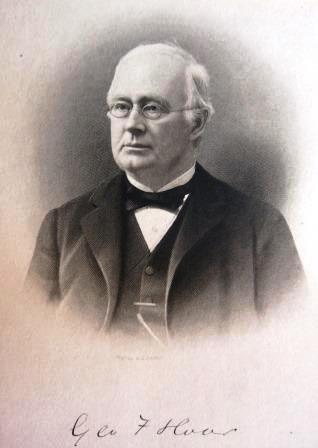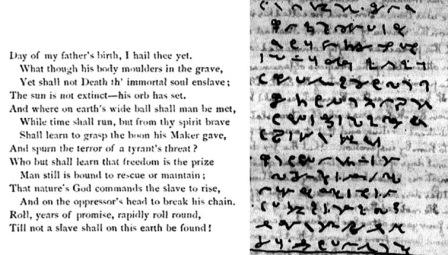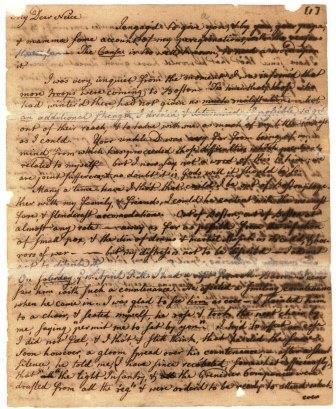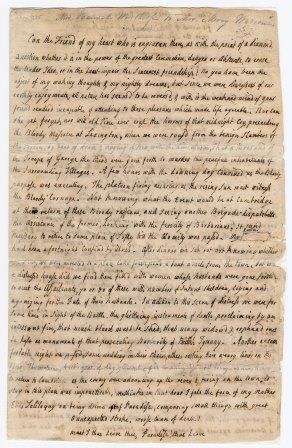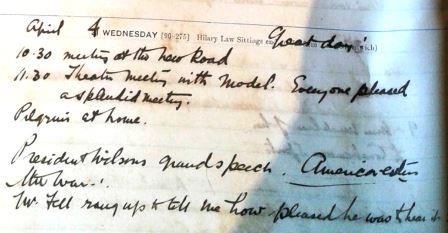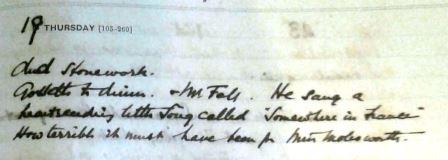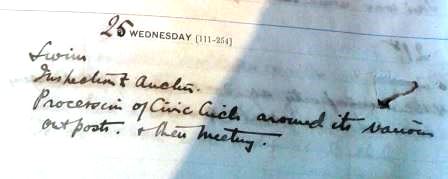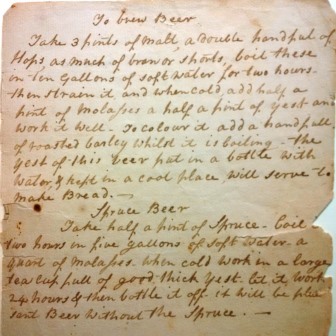By Dan Hinchen
– Tuesday, 2 May, 5:15PM : We start the week with an Early American History Seminar, this time in panel format. “Nathaniel Hawthorne and Friends” is a discussion with Philip Gould of Brown University and Thomas Balcerski of Eastern Connecticut State University. The conversation revolves around their respsective essays, “Hawthorne and the State of War” and “A Work of Friendship.” Maurice Lee of Boston University provides comment. Seminars are free and open to the public; RSVP required. Subscribe to receive advance copies of the seminar papers.
– Wednesday, 3 May, 12:00PM : Stephen Engle of Florida Atlantic University leads this week’s Brown Bag lunch talk, titled “Politics of Civil War Governance: A Conversation about Lincoln and his Loyal Governors during the Civil War.” Engle discusses his most recent book, Gathering to Save a Nation: Lincoln and the Union’s War Governors and how it led to his current project, a biography of Massachusetts Governor John Albion Andrew. This talk is free and open to the public.
– Wednesday, 3 May, 6:00PM : “Where to Go” is the next installment of the Cooking Boston series of public programs here at the MHS, exploring the culinary history of Boston. In the 20th century, Boston clung to two identities: that of thrifty Puritans and of cosmopolitanism through education. This created some remarkably bland food but also made the city fertile ground for a culinary revolution. In the 1960s, chefs like Julia Child and Joyce Chen brought the flavors of the world to America through Boston. This event features a discussion with James O’Connell, Corky White, and Eriwn Ramos, moderated by Peter Drummey of the MHS. This talk is open to the public and registration is required with a fee of $20 (no charge for MHS Members of Fellows). A pre-talk reception begins at 5:30PM, followed by the speaking program at 6:00PM.
– Saturday, 6 May, 10:00AM : The History and Collections of the MHS is a 90-minute docent-led walk through our public rooms. The tour is free, open to the public, with no need for reservations. If you would like to bring a larger party (8 or more), please contact Curator of Art Anne Bentley at 617-646-0508 or abentley@masshist.org.
While you’re here you will also have the opportunity to view our current exhibition: The Irish Atlantic: A Story of Famine Migration and Opportunity.
– Saturday, 6 May, 1:00PM : The practice of slavery in the early modern Atlantic world generated a variety of theological debates about its nature, origins, and legitimacy. “Of One Blood? New England Slavery and Theology,” part of the Begin at the Beginning series of talks, is a discussion led by PhD candidate Eduardo Gonzalez of Boston College. This program is open to the public, registration required at no cost. The discussion is based on primary readings listed on the reigstration page.


